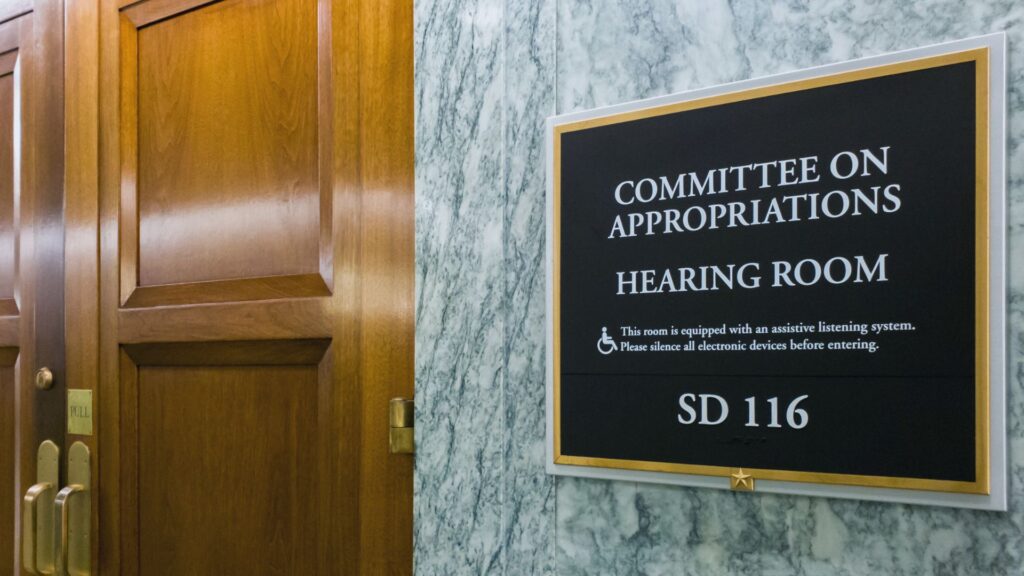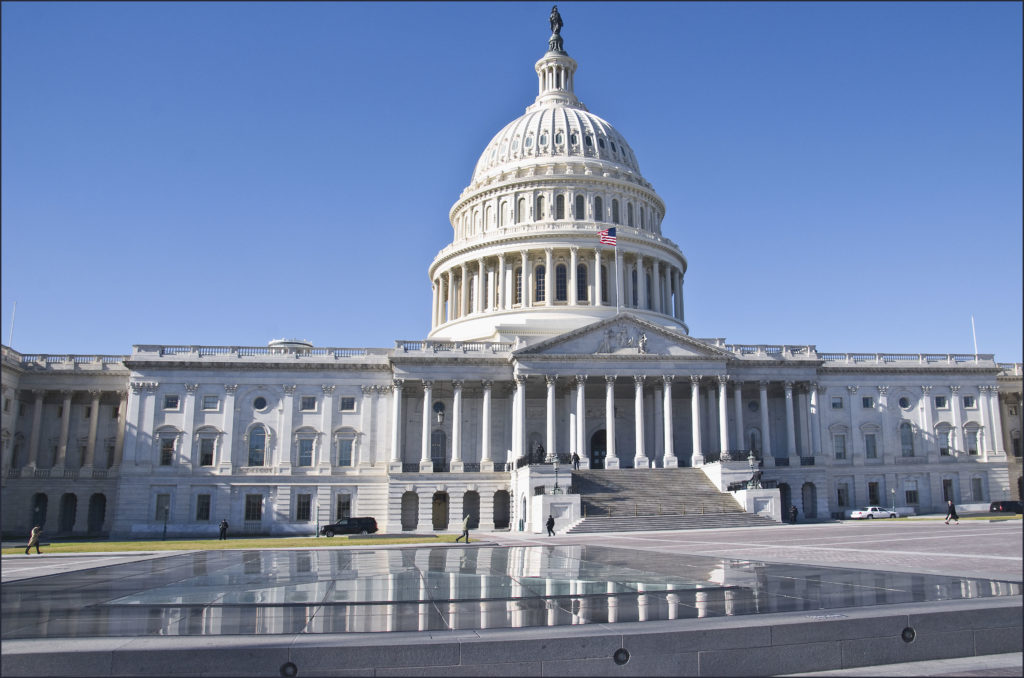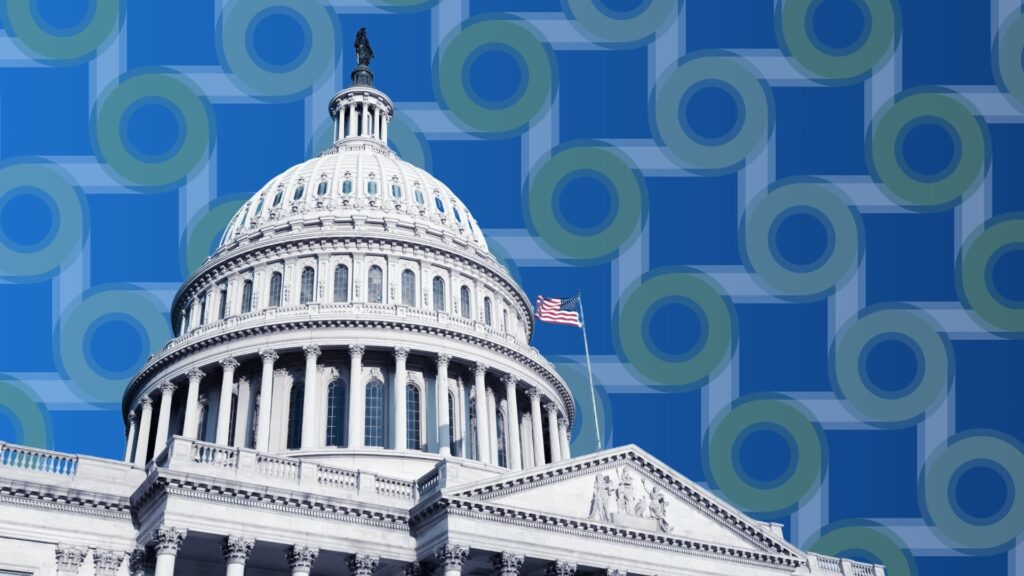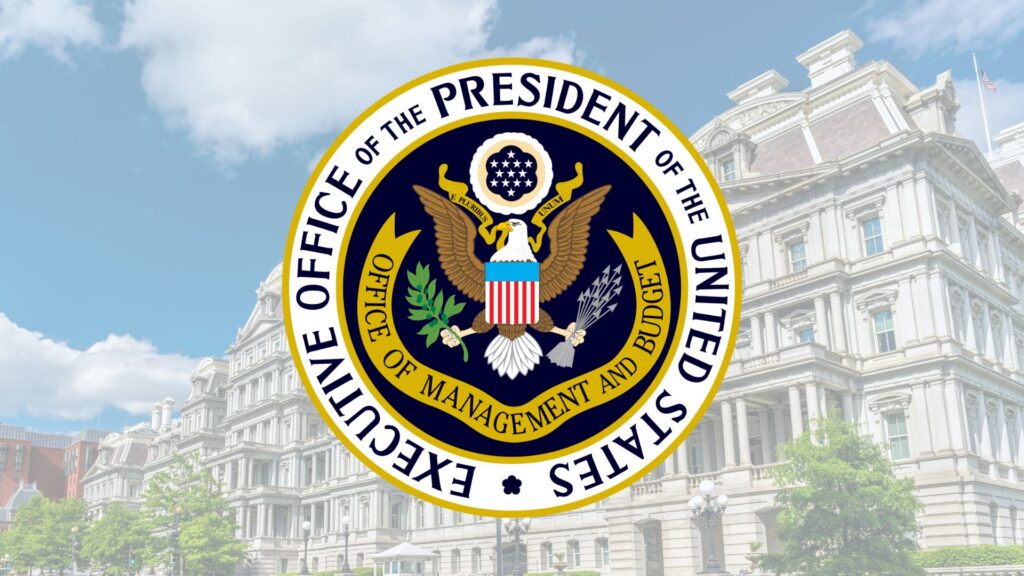- News
FY2026 Appropriations
We are tracking the status of FY2026 appropriations, where things stand, and what it all means for bond lawyers.

Last Updated August 7, 2025
The Federal Government’s Fiscal Year 2025 (FY2025) began on October 1, 2024. Congress passed multiple continuing resolutions (CR) to sustain the federal government’s outlays largely at FY2024 levels. These actions included the passage of a final CR on Friday, March 14, that now continues to fund the government at FY2024 levels through the end of FY2025. Congress must now address federal funding prior to the end of the fiscal year on September 30, 2025, or risk a full or partial federal government shutdown.
What’s Next
The federal government now operates on a CR that funds the government through September 30, 2025, the date on which FY2025 ends. Lawmakers must now address federal funding prior to the end of the current fiscal year. FY2026 beings October 1, 2025 for the federal government.

New to Appropriations?
Check out our primer on the federal appropriations process.
Updates
You can track the status of both chambers’ work to complete all 12 appropriations bills here. NABL will continue to keep members informed as more becomes available. [New Updates Highlighted]
- 7/17/2025: The House Appropriations Subcommittee on Energy and Water marks up and advances an appropriations package that would propose significant cuts to various water related federal financing programs including the drinking water state revolving fund (SRF). While significant, the reductions would be lower than those proposed in the President’s budget request. It would, however, maintain funding for the Water Infrastructure Finance and Innovation Act (WIFIA) loan program.
- 5/2/2025: The White House Office of Management and Budget sends its discretionary budget requests to Congress. The budget proposal is nonbinding and appropriations for the federal government are determined by Congress. The proposal, however, does indicate the Administration’s appropriations priorities and perceived funding needs for agencies and federal programs. View Request >
More on Appropriations

FY2026 Appropriations
We are tracking the status of FY2026 appropriations, where things stand, and what it all means for bond lawyers.

FY2025 Appropriations
We are tracking the status of FY2025 appropriations, where things stand, and what it all means for bond lawyers.

FY2024 Appropriations
Review of the FY2024 federal appropriations process.
Other Resources

Understanding the Debt Ceiling
What are the debt ceiling and federal downgrades, and what do they mean for municipal bonds.

FY2026 Appropriations
We are tracking the status of FY2026 appropriations, where things stand, and what it all means for bond lawyers.

Public Finance’s Vital Role in Making Housing More Affordable in Our Communities
In today’s economic environment, government subsidies are essential to encourage developers to produce quality housing that is affordable for lower-income families.

Tracking Tax Reform in 2025
Congress is focused on addressing the pending expirations of the Tax Cuts and Jobs Act (TCJA) prior to the end of this calendar year. Here’s where things stand and what…

The Bond Lawyer – Vol. 49 | No. 2
NABL’s Scholarly Journal providing expert commentary and analysis of recent developments in municipal bond law and public finance.

The Bond Lawyer – Vol. 49 | No. 1
NABL’s Scholarly Journal providing expert commentary and analysis of recent developments in municipal bond law and public finance.

FY2025 Appropriations
We are tracking the status of FY2025 appropriations, where things stand, and what it all means for bond lawyers.

Trump Admin Memo on Pausing Federal Funds
The Office of Management and Budget (OMB) recently released a memo instructing federal agencies to review existing federal financial assistance programs and temporarily pause certain funds.

119th Congress Begins
The new Congress has begun with a long agenda on tap. Here’s what we know coming out of the gate.

New Year; New Debt Ceiling
What the latest debt limit approach means for municipal market and its stakeholders.

Christen Triche
A recent graduate from the Paul M. Hebert Law Center at Louisiana State University (LSU) and an attorney in Fishman Haygood LLP’s Business Section.

The Bond Lawyer – Vol. 48 | No. 4
NABL’s Scholarly Journal providing expert commentary and analysis of recent developments in municipal bond law and public finance.

Plan Ahead for 2025: Key NABL Events You Can’t Miss
As we look forward to 2025, the National Association of Bond Lawyers (NABL) has an exciting lineup of events that promise to offer valuable insights, networking opportunities, and professional development…
